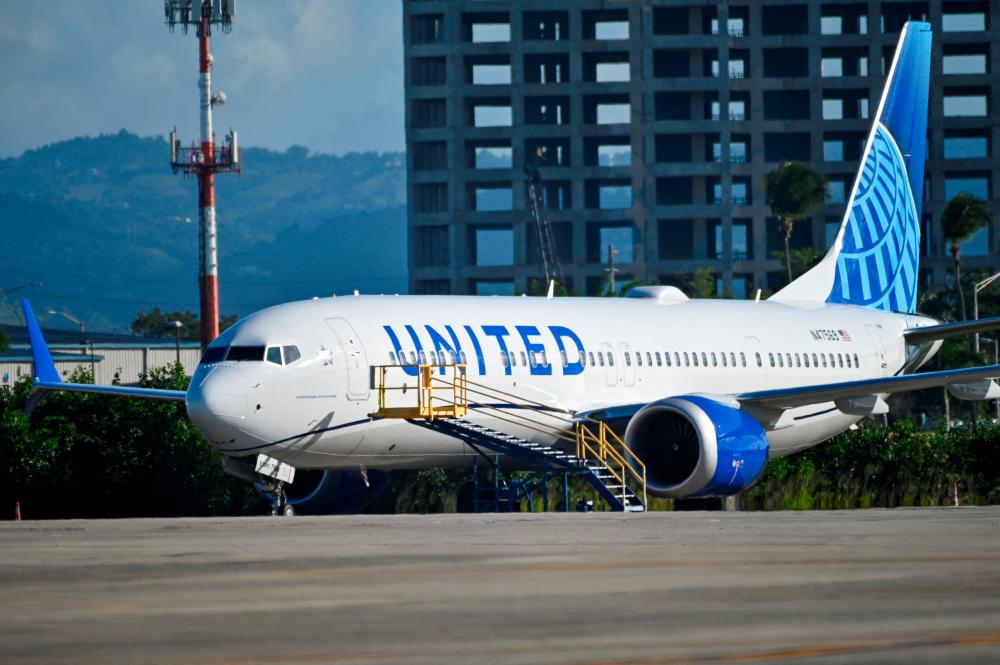NEW YORK: Boeing shares plunged to close 8% lower on Monday (Jan 8) following the temporary grounding of some of its best-selling 737 MAX jets by the US aviation regulator.
A piece of fuselage tore off an Alaska Airlines 737 MAX 9 jet on Friday following takeoff from Portland, Oregon, forcing pilots to turn back. The US Federal Aviation Administration (FAA) subsequently ordered the temporary grounding of 171 narrowbody MAX 9 jets with a similar configuration.
Wall Street analysts on Monday viewed the accident as a temporary setback to Boeing, but some took a dim view of the incident as another in a series of quality problems related to the 737 MAX family of aircraft. The fuselage is produced by Spirit AeroSystems, which separated from Boeing years ago.
“It highlights a history of quality escape problems, particularly at Spirit AeroSystems. Quality escapes are not acceptable in an industry in which single failures can have serious consequences,” Bernstein analysts wrote.
Spirit manufactured and initially installed the fuselage part on the brand new MAX 9 jet in question. Its shares settled 11.1% lower at US$28.20.
Airline shares initially fell, but had since recovered, with Alaska Airlines settling down marginally, while United Airlines, the other US carrier that operates the jet, ended 2.7% higher.
Some analysts said the problem appeared to be a one-off manufacturing issue, rather than a design issue that is more costly to fix. They also noted the number of aircraft affected was small.
Boeing has delivered 214 of the 737 MAX 9 jets, or 16% of the more than 1,300 MAX aircraft in service, most of which can still fly, including 737 MAX 9 jets with ordinary doors instead of the replacement panels.
Some investors saw Monday’s dip as a buying opportunity.
“I think in the long term, Boeing will get this figured out. They have a good business and make a good plane,” said Tony Bancroft, portfolio manager at Gabelli Funds, which owns a less than 1% stake in Boeing.
Investors will be keenly watching for more steps from the FAA and other regulators. The FAA is evaluating whether to grant an exemption that would allow the MAX 7 to attain certification before Boeing completes required design changes, but the MAX 9 accident could make that exemption less likely.
“Further delays to the MAX 7 certification appear to be the highest probability negative repercussion at this point,” said analysts at Deutsche Bank Research.
In another development, United Airlines has found loose bolts on multiple 737 MAX 9 aircraft, it said on Monday.
United found issues related to the installation on several panels that were being inspected following the accident, it said in a statement. The disclosure raises concerns about the production process of 171 Boeing MAX jets, mostly operated by US carriers Alaska and United Airlines, that have been grounded while safety checks are made.
The FAA and Boeing declined to comment on the loose bolt reports.
“Since we began preliminary inspections on Saturday, we have found instances that appear to relate to installation issues in the door plug – for example, bolts that needed additional tightening. These findings will be remedied by our tech ops team to safely return the aircraft to service,” United said in a statement.
Alaska said it has not yet found any loose bolts because it has not yet started inspections. – Reuters









